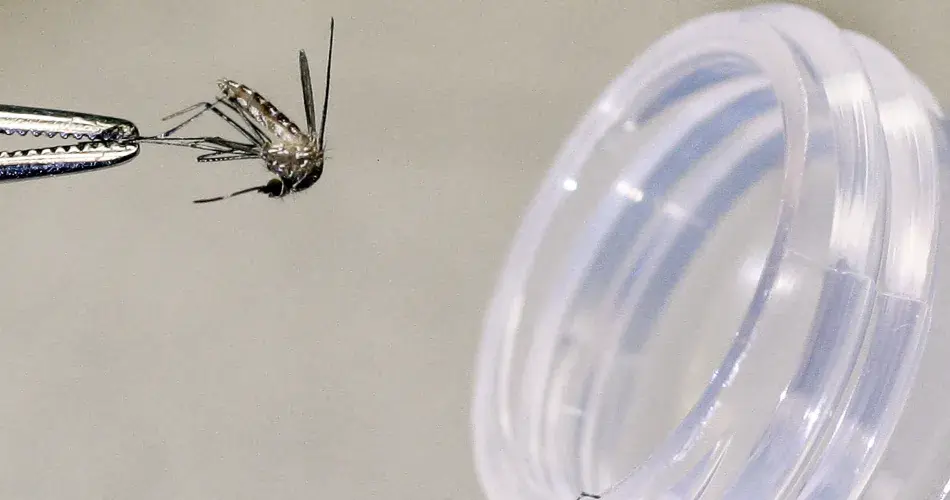New Jersey records first death from West Nile virus as cases continue to rise in the Big Apple
Eight cases of West Nile neuroinvasive disease reported, six of the eight infected were hospitalized, death recorded in Bergen County, New Jersey
New Jersey health officials reported that the state recorded its first death from West Nile virus.
The Garden State recorded eight cases of West Nile neuroinvansive disease, an illness that can become severe and in some cases fatal, six of those patients were hospitalized. The deaths occurred in Bergen County.
Officials announced to residents that they are on the lookout for more cases, mainly because West Nile virus activity appears to be higher this 2023 due to the combination of heat and rains.
“With continued rains and warm weather, we can expect mosquito season and the potential for disease transmission to extend well into the fall,” New Jersey Environmental Protection Commissioner Shawn LaTourette said in a statement.
“Managing our mosquito population, through our mosquito control agencies and individual efforts to eliminate suitable insect habitats, plays an important role in protecting public health,” LaTourette said. “Get rid of standing water in your yard and cover or turn over empty containers that may hold water for several days.”
For all of the above, citizens should make use of insect repellent and limit outdoor exposure when mosquito activity is highest, particularly between dusk and dawn, according to Dr. Kaitlan Baston, New Jersey’s acting health commissioner.
This year there were a total of 14 cases of the disease in New York City (confirmed cases of encephalitis, meningitis or acute facial paralysis), including three infections on Staten Island.
In addition, three new cases have been reported in the past seven days, according to the city’s Health Department.
West Nile virus can cause fever, body aches, joint pain and other symptoms in about 20% of cases, SI Live reported.
Although most people recover fully, fatigue and weakness can last for several weeks and even months, the Centers for Disease Control and Prevention said.
About one in 150 people infected develops West Nile neuroinvasive disease, affecting the central nervous system. Officials said one in 10 cases is fatal.
For its part, the New York City Health Department has done numerous aerial larvicide and adulticide treatments in trucks on Staten Island since the start of mosquito season.
The public has been urged to report standing water by calling 311 or visiting nyc.gov/health/wnv. For more information on West Nile virus, call 311 or visit nyc.gov.

